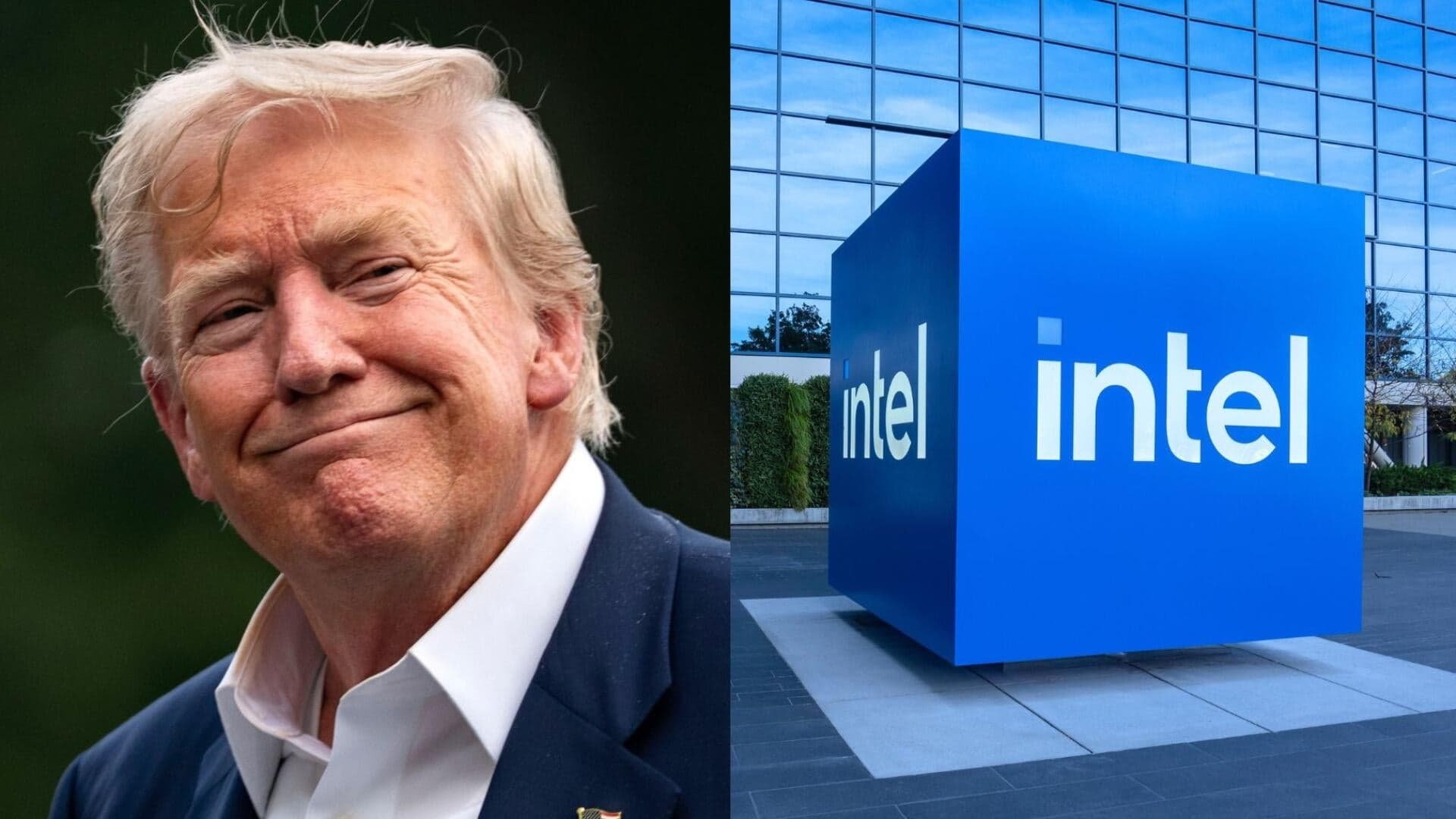US Government Secures 9.9% Equity Stake in Intel, Exempting TSMC and Micron from Similar Demands

Washington D.C. – The Trump administration, through Commerce Secretary Howard Lutnick, has finalized an agreement to acquire a 9.9% equity stake in chipmaker Intel, converting a substantial portion of previously allocated CHIPS Act grants into government ownership. This move follows an initial proposal to seek equity from all major semiconductor recipients, which prompted a swift "backpedal and cleanup," according to a recent tweet by Tae Kim, after significant pushback from companies like Taiwan Semiconductor Manufacturing Company (TSMC) and Micron Technology. The administration subsequently clarified that these companies, due to their substantial U.S. investment pledges, would be exempt from similar equity demands.
Under the terms of the agreement, the U.S. government will make an $8.9 billion investment in Intel common stock. This investment converts existing CHIPS Act grants, previously awarded but not yet disbursed, into a non-voting equity position, making the U.S. government a significant shareholder. Intel CEO Lip-Bu Tan affirmed the company's deep commitment to American-made advanced technologies, aligning with the administration's focus on strengthening domestic semiconductor manufacturing.
The decision to exempt TSMC and Micron from equity demands came after both companies reportedly pushed back against the proposal. TSMC, which has pledged over $100 billion in U.S. investments, and Micron, with a $200 billion commitment, were reportedly willing to return their subsidies rather than cede equity. A U.S. official confirmed that the administration would not seek equity from chipmakers demonstrating significant ongoing investment in the United States.
Secretary Lutnick has framed this approach as a means to ensure a return on investment for American taxpayers, stating, "We'll get equity in return for that... instead of just giving grants away." This strategy marks a departure from previous grant-only disbursements under the CHIPS Act, reflecting the Trump administration's broader push for direct benefits from government financial support in strategic industries. The move is intended to bolster U.S. technological leadership and national security by reducing reliance on foreign chip manufacturing.
The policy shift has garnered varied reactions; Senator Bernie Sanders expressed support, aligning with his long-held view that taxpayers should receive a return on government investments in profitable corporations. However, officials from South Korea and Taiwan have voiced concerns, emphasizing the need for predictability in U.S. investment policies for foreign companies. This novel approach sets a precedent for future government engagement with key industries, potentially influencing the structure of forthcoming CHIPS Act disbursements.